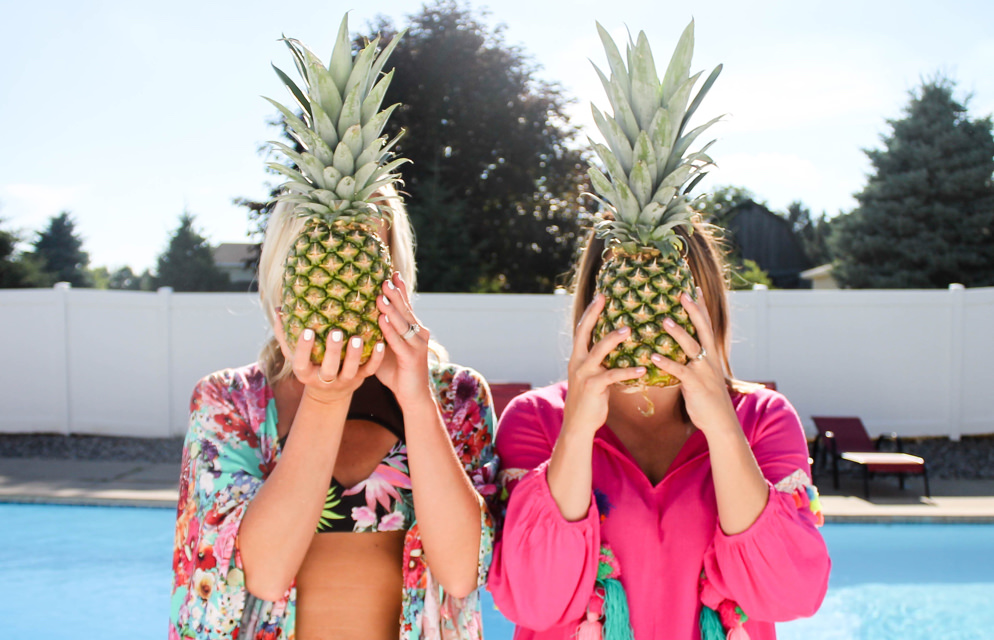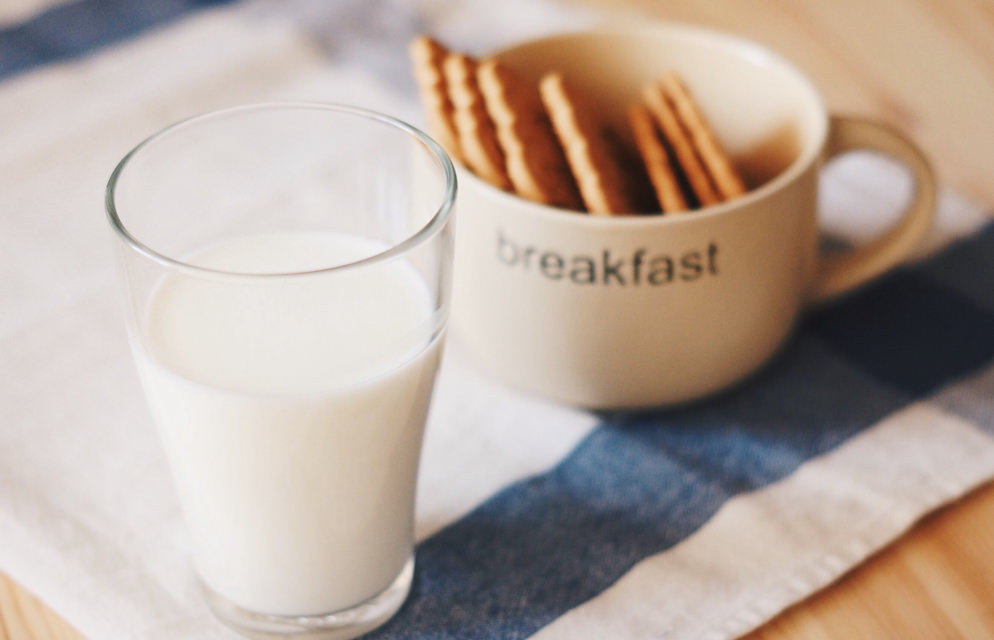For years we’ve had it beaten into our brains over and over again that most sunlight was bad for us, that tanning beds were the devil, and that if we didn’t walk out that door with SPF 50 on, we were just asking for skin cancer.
But is life really that extreme? What are the downsides to severely limiting your sun exposure, and do the risks of getting some rays really outweigh those of not getting enough?
It turns out, the science may have been overinflated, and the result is that 40% of Americans are now vitamin D deficient.

Mental Health Benefits of Sun Exposure
First, let’s start with some basic body chemistry.
Sunlight triggers the production of happy hormones like serotonin and endorphins, which means when we’re not getting enough, we’re more prone to being down in the dumps. In addition to conditions like SAD (Seasonal Affective Disorder), studies have shown that, regardless of the weather, the one constant is that too little sun exposure can be linked to depression and mood swings.
Aside from giving sufferers a poor mood, it was observed that those not receiving enough UV exposure also experienced difficulty focusing and lower energy levels.
Sunlight Builds Stronger Bones
Vitamin D is a critical building block of healthy bones. In the UK, a resurgence of a brittle bone disease in children known as rickets was attributed to low levels of vitamin D exposure, presumably due to so little sunlight.
According to the most recent numbers, children spend less than 30 minutes playing outside each week.

Nutritional Vitamin D is Hard To Come By
It’s well known that vitamin D is a critical component of healthy bones, but not very well known that the best way to get it is from sunlight. In fact, to get the minimum recommended amount, you would have to drink 10 glasses of fortified milk EVERY DAY.
Besides the fact that a diet high in dairy products has been proven to be unhealthy for other reasons, what’s really interesting is that milk isn’t actually a very good source of vitamin D on its own — most manufacturers add it in.
On its own, an 8 oz. glass of milk contains about 1% of your Daily Value of vitamin D. When fortified by a manufacturer, this number rises, depending on the individual process.
Simply put, there is no way for you to get the amount of vitamin D your body needs from food unless you’re mowing down a plate of salmon at every meal — you either have to supplement, or get more sun.
Everyone Is Different
The biggest challenge with recommending vitamin D supplementation is that it’s a blanket solution for a highly individual problem. Just like someone with fair skin can easily get too much sun exposure and put themselves at greater risk for melanoma, someone with sufficient vitamin D in a diet rich in fish can get too much of the supplement, causing its own slew of problems.
Then of course, there’s the issue of supplementing with Vitamin D, and still not getting enough nutritionally.
Compound this with the fact that a vitamin D supplement is only as effective as our body is at absorbing it, and you have a problem that, chances are, supplementation alone will not solve. What’s more, sunscreen that contains as little as SPF 8 can reduce our vitamin D generation by over 95%

Sunlight Might Actually Reduce the Risk of Cancer
That’s not something you’re used to hearing, right?
It turns out, there are a number of studies that show, time and time again, that cancer rates are significantly higher in patients with vitamin D deficiencies. In fact, a vitamin D deficiency has been shown to make you 50% more likely to contract ovarian or prostate cancers.
Here’s the real kicker — there’s even evidence to suggest that sun exposure can prevent, you guessed it, skin cancer.
Weighing the Risks and Benefits
Naturally, scientists like Dr. Edward Giovannucci of Harvard University aren’t advocating that their patients hop into a tanning bed every day, but what they are saying is that the risks of getting too little sun exposure appear to be much more substantial than getting too much.
In fact, his research goes so far as to suggest that sufficient vitamin D absorption could prevent as many as 30 deaths per one skin cancer death. Since it’s so rare for someone to die of skin cancer, one has to wonder, are we putting ourselves at greater risk by slapping on the SPF all the time?
How do you get enough vitamin D? Tell us on Facebook or Instagram and tag us in the post! @AvocadoMattress or #AvocadoGreenMagazine

Shop Pillows
The Essential Organic Pillow Collection
Gentle, breathable, non-toxic support.






